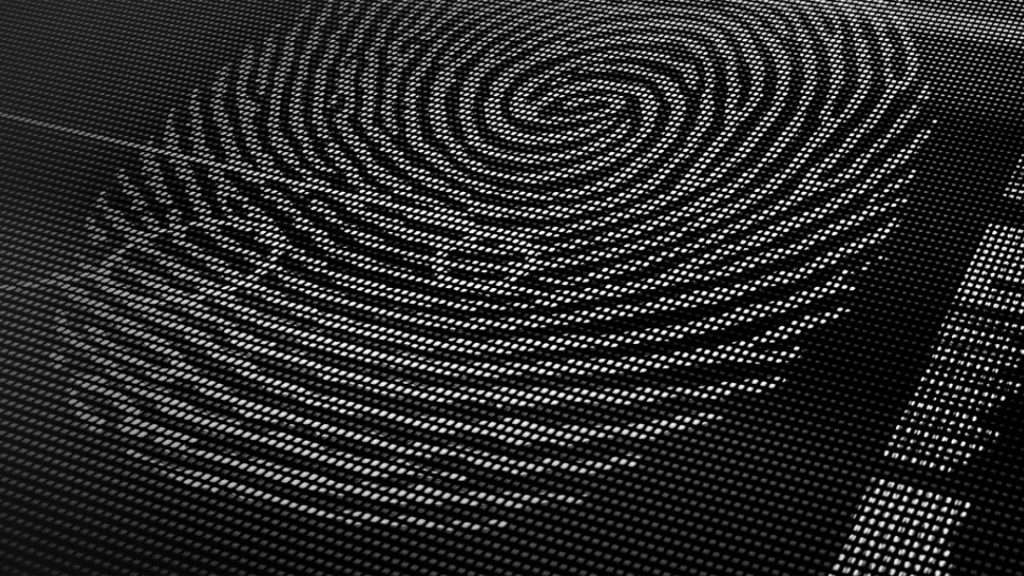As most of us know by now, the Web3 space is full of new and innovative applications of blockchain technology. One of the key features that allows Web3 to function the way it does is crypto wallets. With that, it’s safe to say that crypto wallets are one of the more confusing aspects of blockchain technology. There are many different types of wallet options out there, each with its own pros and cons. The good news is that once you understand how they work it will be easier to pick which one suits your needs best. Crypto wallets are an essential part of any cryptocurrency user’s life and can make all the difference between a smooth experience and one that’s fraught with headaches. Let’s dive into

A crypto wallet is software that allows you to send and receive digital currency, such as Bitcoin or Ethereum. It’s like an app that lets you store your money online. There are many different use cases for crypto wallets, but generally speaking, they allow the user to interact with Web3. One of the largest differences between Web2 and Web3 lies in the process by which someone would log into an application or service.
For those of you that aren’t familiar, Web2 is an older generation of applications that are not decentralized and do not run on the blockchain. Examples include Facebook, Google, Twitter etc.. Essentially, it was when social technology and applications, such as social media platforms, were embraced and Web1 was left behind.
So, now here we are in Web3. Web3 is a new generation of applications that are decentralized and built on the blockchain. We are no longer logging into services and applications with the traditional username/password combo.
Within Web3, a cryptocurrency wallet allows you to store and access your funds on the Ethereum blockchain. It’s important to note that web3 wallets are not compatible with other blockchain networks—you can only use an Ethereum-based wallet for Ethereum transactions, and a Bitcoin wallet for Bitcoin transactions. With there many different blockchains, it’s important to understand this to avoid any frustrations or potentially experiencing a loss.
Each of these blockchains offer a number of tools and services for developers to build their own applications. It provides an API, a browser-based user interface, and a suite of wallets that users can use to access their Web3 accounts.
Web3 is often used by developers who are building DApps (Decentralized Applications), which are applications that run on the blockchain instead of in a centralized server. Since DApps run on the blockchain, they do not have any third party intermediaries who may be able to manipulate or steal data.
Users are first going to need to create a wallet using a wallet provider for the respective blockchain they are wanting to interact with. From there, users can then take their crypto wallets for that respective blockchain and use it to login/interact with these various applications. Until you’ve actually taken the time to create one and test it out, it can be a little tricky to understand. But, once you understand what’s going on, you can then start to appreciate the simplicity and convenience of blockchain technology.
In short, a cryptocurrency wallet is a software program that stores your public and private keys. A public key is the address of your wallet, which people can use to send you money or tokens. Your private key allows you to spend from your wallet; it’s like the key to your safe deposit box where you store valuables like coins and paper bills.
So far we’ve just lightly looked at what a decentralized wallet looks like. There are other wallets out there that are centralized. These centralized solutions are typically accompanied by centralized exchanges. The users don’t get access to their private keys, leaving them at the mercy of the exchange. This can quickly become problematic for many reasons, so understand that it’s worth taking the time to learn about the decentralized counterparts. Having a decentralized wallet allows you to have full control over your various assets.
Simply said, the main difference between them is how they store your funds: decentralized wallets store your funds on a blockchain while centralized wallets store your funds in an existing bank account.
Like we talked about earlier, it’s worth understanding the difference between the two. It makes decision making easier on you, the user. Let’s take a closer look.
Decentralized Wallets: A decentralized wallet is one that stores your coins on a blockchain—the same technology that powers cryptocurrencies like Bitcoin, Ethereum, Litecoin, etc.—and does not have access to any private keys or user data (like other services). In other words, it’s spread across many different computers around the world independently from each other without any central authority controlling it or having access to its contents.
Centralized Wallets: A centralized wallet is controlled by a single entity who has full control over all aspects of their service and can therefore decide what happens at any given time with no input from anyone else involved with using their service or product offerings in general terms only unless there’s something really wrong going on behind closed doors which would most likely lead up into some sort of public outrage if people knew about how bad things were getting out there right now so please remember that before making any decisions based solely upon information given here today because we want everyone reading this article right now!
The first step to choosing the right wallet is understanding that there are many different types of wallets. The second step is to understand how they differ in terms of functionality, security, and convenience. Once you’ve completed those two steps, the world of Web3 is yours to explore.
We hope this article has given you a broad overview for crypto wallets. There are many different types of wallets, and each one has its own pros and cons. As always with such a new technology, it’s important to do your research before making any decisions about which type is right for you. While exploring the diverse world of crypto wallets, remember to consider the unique features and security advantages of the ClearPhone.




